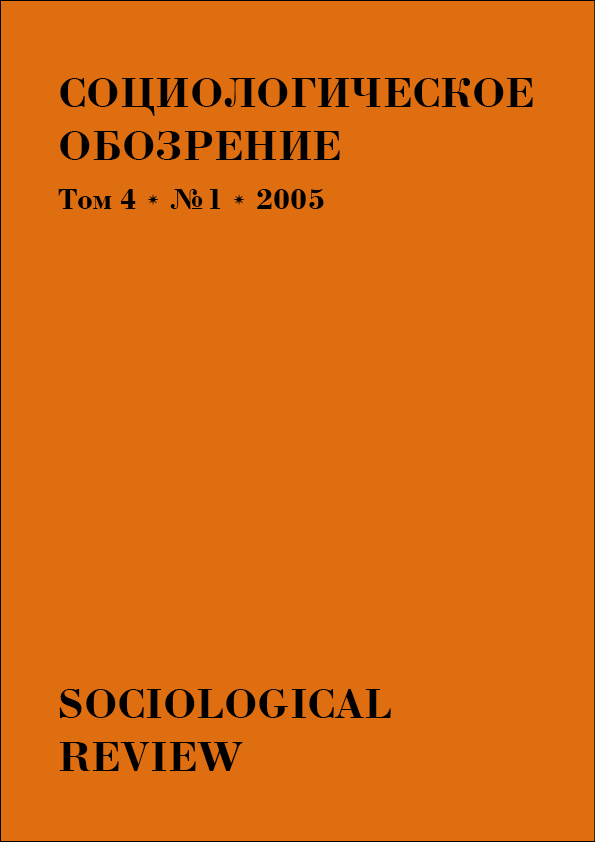Symbolic Classifications and “Iron Cage”: Two Perspectives in Theoretical Sociology
Keywords:
cultural sociology, sacred, reductionism, symbolic classifications, “iron cage”, instrumental rationality, morphogenetic turn in theory of the sacred
Abstract
The paper observes several recent approaches in the developing sphere of cultural sociology. It attempts to show that the principle of autonomy of culture, which is central for this perspective, is hard to maintain, as avoiding one particular reductionism can often lead to another one. If we do not assume this, the very explanatory power of this approach diminishes. Thus, the new Durkheimian cultural sociology, which itself is explicitly built on the principle of cultural autonomy, tends to come to a dead-end of structural reductionism or the “principle of the unity of the nature”. The idea of the modification of Durkheimian theory, called as “the morphogenetic turn” in the theory of the sacred, is proposed to avoid those dead-ends.Downloads
Published
2011-03-31
How to Cite
КуракинД. (2011). Symbolic Classifications and “Iron Cage”: Two Perspectives in Theoretical Sociology. Russian Sociological Review, 4(1), 63-81. Retrieved from https://cfjournal.hse.ru/index.php/sociologica/article/view/547
Issue
Section
Review essays




